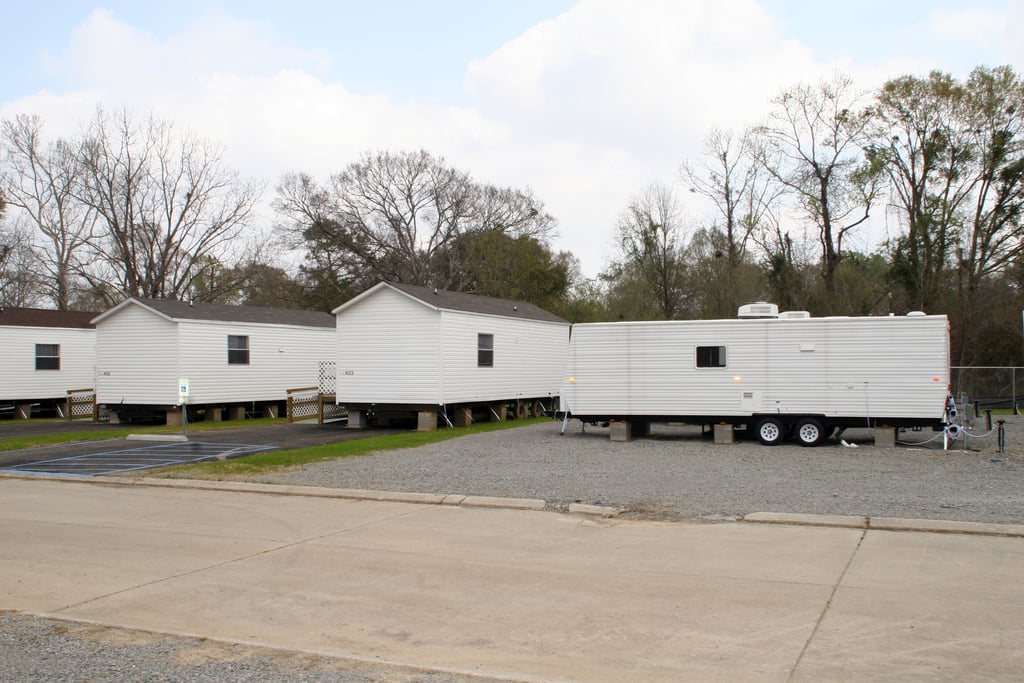Over the last few years, there has been an increase in the number of people investing in real estate. It is a great financial strategy with good returns. When you decide to venture into this field, you have two options to choose from: long-term or short-term investment. So, which one is better for you? There is no right and wrong here when choosing between the two. It all depends on your financial needs and what your goals are. Below, you will find a breakdown of these two types of investments, plus their pros and cons. This will help you decide what is right for you.
Short Term
Anything lasting between 8 to 12 months is considered a short-term investment. It comes with higher risks but greater returns. The two most common short-term investments include real estate wholesaling and fix and flip. Real estate wholesaling is where you look for attractive real estate deals, get the property from the seller under a contract, then find an interested buyer and sell it at a profit. Flip and fix is where you buy a property at an affordable price, remodel it then sell it at a profit.
Here are some pros and cons of short-term real estate investments.
Some of the advantages include:
- They come with a greater return in a short period compared to long-term investments.
- Since you are selling the property, you do not need to hire a manager.
- You will be doing a lot of work in a short amount of time. This means you will be challenged to think outside the box and gain knowledge on real estate matters like financing, construction, and negotiation. In the long run, this is good for your personal growth.
Some of the disadvantages include:
- Good returns come with a lot of risks, and you could lose a lot of money if you run into unexpected expenses, especially with renovating.
- The whole process of finding an investment property, renovating it, and finding a buyer can be long and tiring.
Long Term Real Estate Investments
Anything lasting more than 12 months is considered long-term. They are great for anyone looking to earn secondary or passive income over a long period. Examples of long-term investments include renting out and buying, and holding real estate. Suppose you choose to become a landlord, gauge how much you want to be involved in managing the property. If you have other things going on like another job, you may not have the time to manage the property well, hence the need to hire a manager. Here are the pros and cons.
Some of the pros include:
- Once you invest in long-term real estate, you get to enjoy the good cash flow without putting in too much. And if you hire a property management company in San Diego, then your manager can handle everything from addressing tenants’ concerns, collecting rent, and fixing any issues with the building.
- You can also enjoy tax benefits because certain expenses like insurance, interest, repair costs, legal fees are all tax-deductible.
- You are cautioned against inflation when you can increase the value of your rental properties.
Some of the cons include:
- A common challenge with rental properties is vacancies. When you do not have tenants, you do not have a passive income.
- Sometimes, you may run into troublesome tenants who go as far as damaging your property.
- Properties often depreciate with time due to environmental factors like natural disasters and political unrest.
You will not find the perfect answer when deciding what is right for you between the two. Both are lucrative but with risks just like any other investment decision. Analyze both and choose what works for you.




